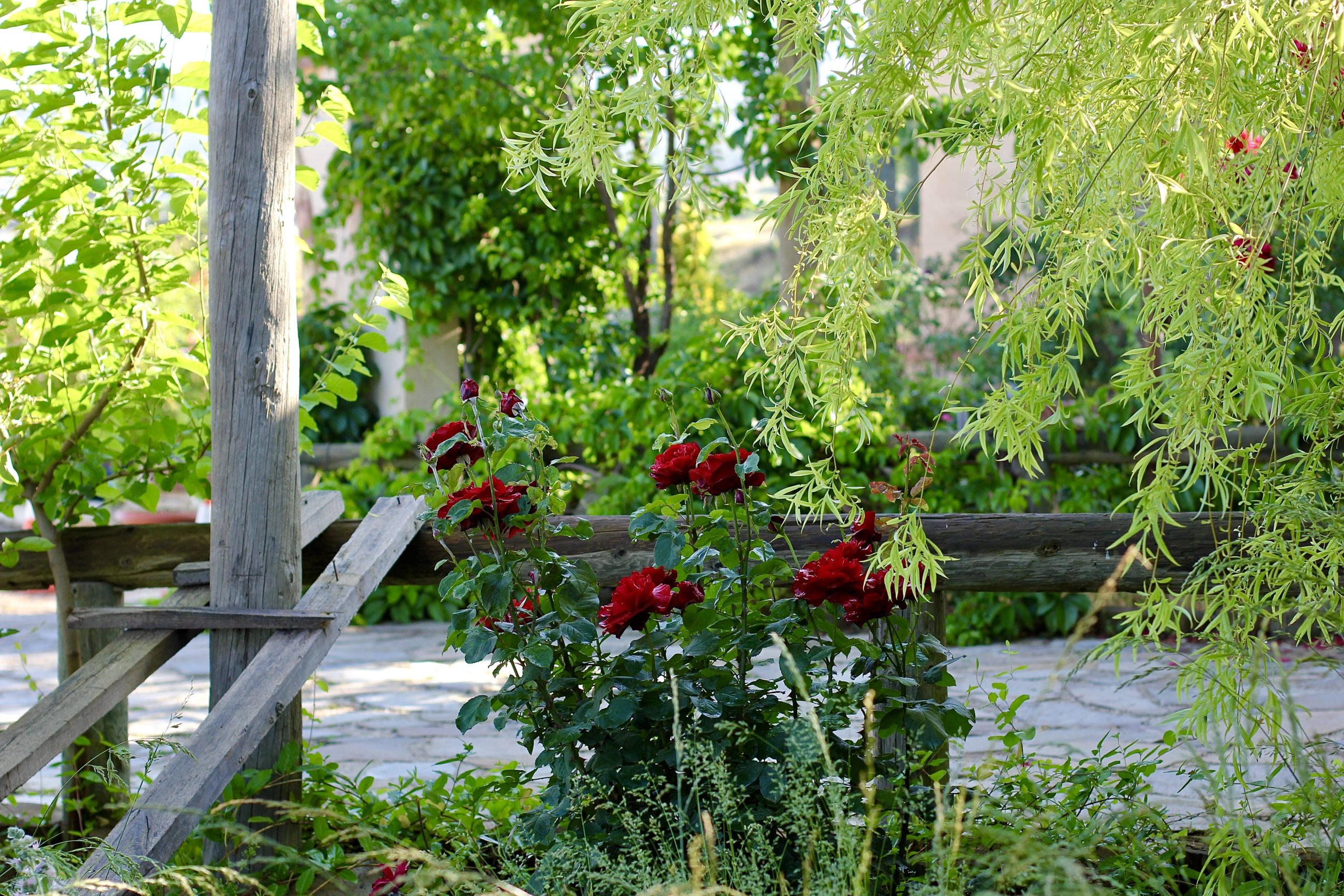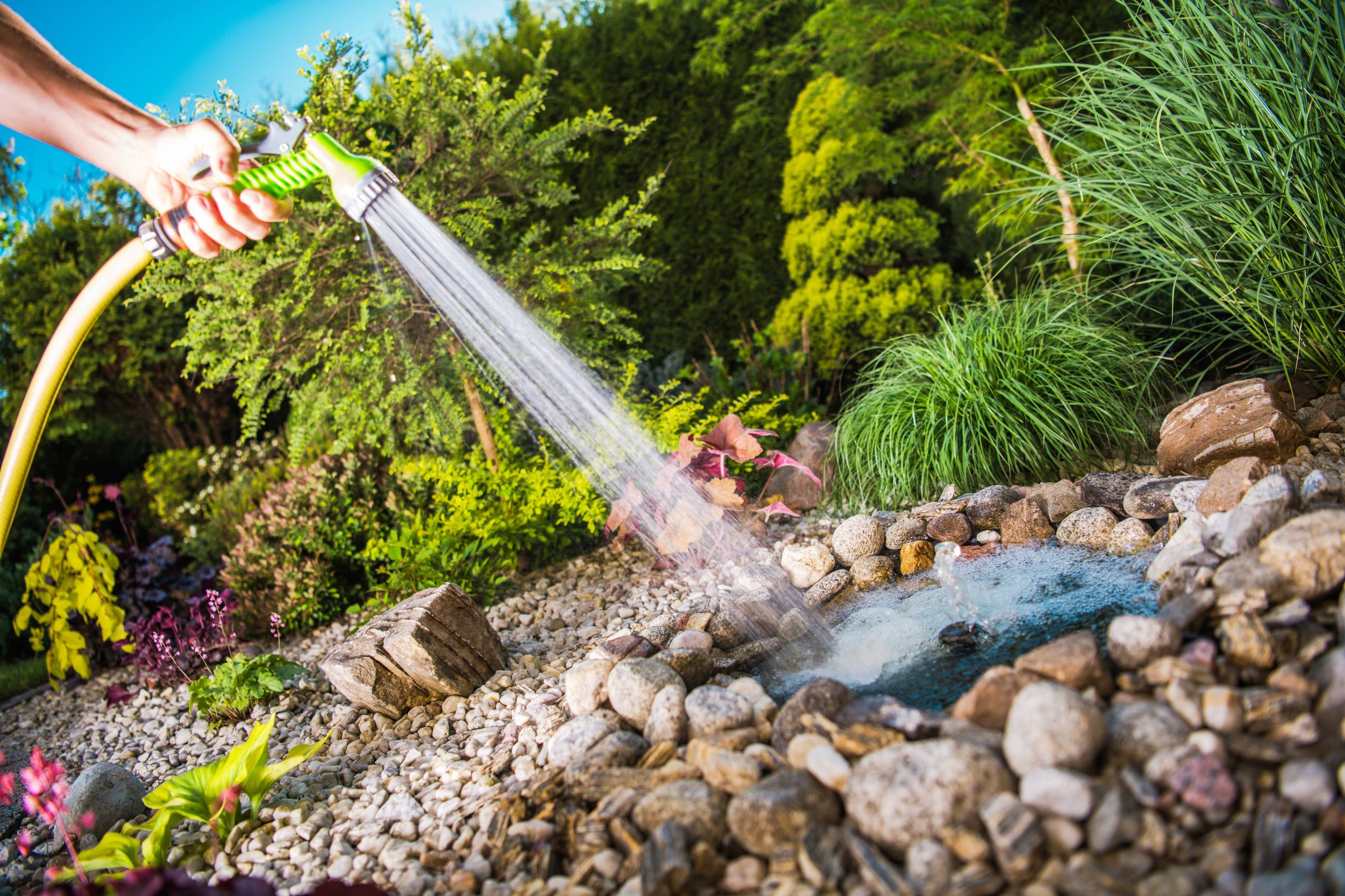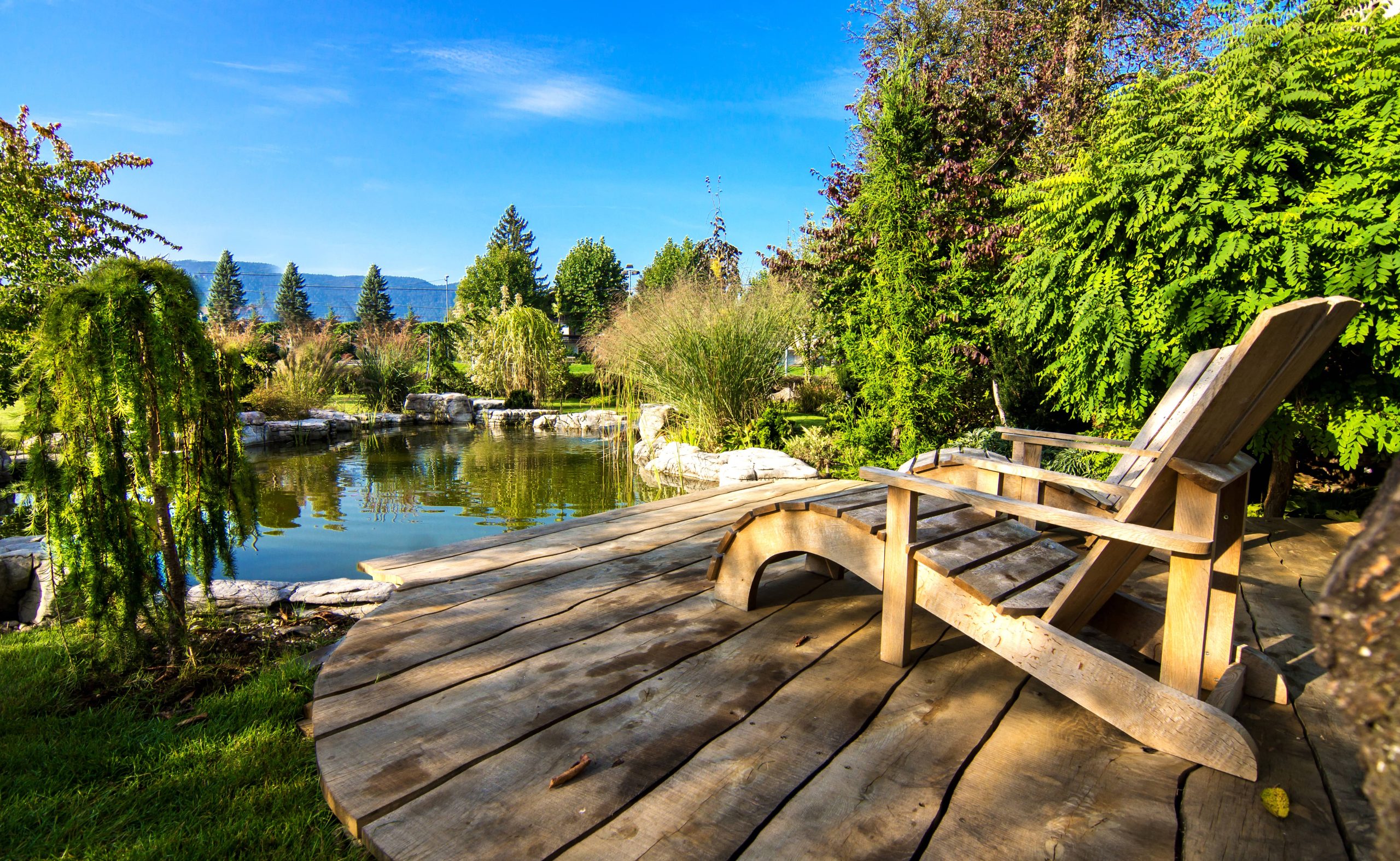
When it comes to gardening, there are myriad techniques and strategies to improve plant health and optimize growth. Among these, mulching stands out as a versatile and highly effective practice. If you’re new to the concept or have yet to fully embrace it in your gardening routine, this post will illuminate the benefits and applications of mulch in enhancing your garden.
What is Mulch?
At its core, mulch is any material spread or laid over the soil surface as a covering. It can be organic or inorganic, with each type offering its own set of advantages. Organic mulch includes materials like wood chips, straw, shredded leaves, grass clippings, or compost. In contrast, inorganic mulch can consist of stones, plastic sheeting, or landscape fabric.
Benefits of Mulching
1. Moisture Retention: One of the primary reasons to use mulch is its ability to retain soil moisture. Especially in areas that experience dry spells or for gardeners aiming to conserve water, mulch is indispensable. By reducing evaporation from the soil surface, mulch ensures your plants have a more consistent moisture supply.
2. Soil Temperature Regulation: Mulch acts as an insulating layer, helping to maintain a more stable soil temperature. In the scorching summer months, it keeps the soil cooler, while in the chilly winter, it can help in retaining some warmth. This temperature moderation helps prevent extreme conditions that can stress plant roots.
3. Weed Suppression: One of the more labor-intensive chores in gardening is weeding. Mulch helps by blocking sunlight from reaching weed seeds, thus inhibiting their growth. By reducing the competition for nutrients and water, your plants have a better chance to thrive.
4. Soil Health and Fertility Improvement: Organic mulches decompose over time, enriching the soil with essential nutrients. This not only enhances plant growth but also improves the soil structure and increases its capacity to retain moisture and nutrients.
5. Erosion Control: By covering the soil, mulch helps prevent erosion caused by wind and water. This is particularly beneficial in sloped gardens or areas prone to heavy rains. By stabilizing the soil, mulch also keeps crucial topsoil from washing away.
6. Aesthetic Appeal: Beyond its functional benefits, mulch adds a tidy and finished look to your garden. Whether you prefer the natural look of wood chips or the sleekness of decorative stones, mulch can complement the overall design of your garden.
Choosing the Right Mulch for Your Garden
The choice of mulch depends on both your gardening goals and aesthetic preferences. Here are a few options to consider:
– Wood Chips/Bark: These are perhaps the most popular forms of organic mulch. They provide excellent moisture retention and weed suppression and are slow to decompose, offering long-term benefits.
– Straw: This is ideal for vegetable gardens. It breaks down fairly quickly, adding nutrients to the soil, and is excellent at suppressing weeds.
– Grass Clippings: A readily available option if you mow your lawn regularly. Ensure they are herbicide-free and spread them thinly to prevent matting and mold development.
– Compost: Acts both as a mulch and a soil conditioner. It adds nutrients to the soil and is great for moisture retention.
– Stone/Gravel: While not decomposable, stones provide a long-lasting and low-maintenance option, particularly favorable in decorative dry or rock gardens.
– Landscape Fabric: Often used in conjunction with other mulches, it provides a formidable barrier against weeds.
Best Practices for Mulching
To maximize the benefits of mulching, consider the following:
1. Apply at the Right Time: It’s best to apply mulch after the soil has warmed in the late spring. If applied too early, it can delay soil warming and plant growth.
2. Proper Depth: A layer of 2-4 inches is generally effective for most materials. Too much can suffocate plant roots, while too little may not offer full benefits.
3. Keep It Away from Stems/Trunks: Ensure that mulch is kept a few inches away from plant stems and tree trunks to prevent rot and pest infestation.
4. Renew as Needed: Organic mulches break down over time and may need to be replenished annually.
5. Monitor for Pests: While mulch can deter weed growth, it can also sometimes harbor pests. Keep an eye on the situation and manage as necessary.
Conclusion
Incorporating mulch into your gardening routine presents numerous advantages that can lead to healthier plants and a more robust garden environment. From helping with moisture retention and weed suppression to improving soil fertility, it’s a simple yet powerful tool every gardener should leverage. Whether you’re looking to enhance the aesthetic appeal of your garden, boost plant health, or reduce maintenance efforts, mulch proves to be an invaluable addition to any gardening strategy. So, the next time you plan your gardening tasks, don’t underestimate the power of mulching—your plants will thank you for it!







